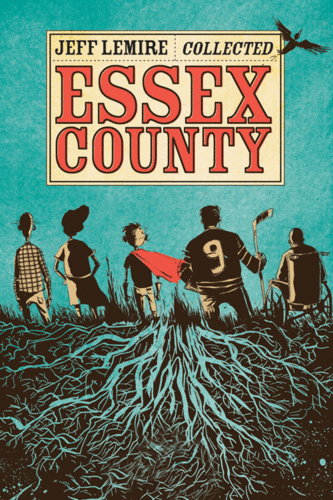Don't get me wrong from the start, I'm an Apple user through and through. I own an iMac desktop, a MacBookPro laptop and an iPhone. They create superior products and I rarely have problems with my Apple stuff. However Apple, don't you think you went a little too far?
It’s one thing to have your patents infringed upon, and to have several phones that almost EXACTLY resemble iPhones. That was no bueno Samsung. But to claim that Samsung has caused Apple “irreparable damage” is completely stupid. There is no way Apple can be taking that much of a hit from the other products. Like I mentioned before, Apple creates superior products and they also apply to those products, great ideas. Their products always appeal to even the most inexperienced of users. As a rule of thumb, if you’re have trouble with an Apple product, you’re probably trying too hard.
My family recently got all new phones and there happened to be a great deal on a family plan for iPhones at our local sprint store (we basically were paid to get them, but that’s getting off track.) My parents, who are in their 50s are able to learn the nuances of their phones and discover new things every day.
They are both very technically challenged individuals to say the least, so to provide them with an extremely advanced product that they actually have no problem using, is nothing short of a miracle (and salvation from an “Apple 101” headache for me). I guarantee I would have trouble figuring out how to use one of the Samsung phones for at least a couple days, and that would be doubled or tripled for my parents. I would have to show them how to do everything
So what should Apple really have to worry about? Yes, their phones were basically cloned by another company. I do think this is screwed up, but isn’t emulation one of the sincerest forms of flattery? Samsung sees how well an Apple product works and used similar id eas in theirs.
They did technically infringe on copyrights and patents but Apple should also have confidence in their product. Chances are, there are bugs and problems with the other products and they will never truly be as unique and superior as an Apple product. All in all, it’s about time Apple realizes that their products are emulated all the time. How many tablets are on the market now with similar Apple features after Apple released their iPad? A bajillion? Yeah that’s what I thought.
http://www.engadget.com/2012/08/25/editorial-engadget-on-the-apple-vs-samsung-ruling/
http://news.cnet.com/8301-13579_3-57501103-37/apple-targets-8-samsung-phones-for-sales-ban/
http://gizmodo.com/5938219/why-the-apple-v-samsung-ruling-may-not-hold-up
 On the other hand, Jeff Lemire reveals the character Lester, from Essex County, very differently. Lester is a more enigmatic individual. His character doesn't speak much when he actually does speak. This speaks volumes based on the style of Essex County. Unlike Maus's small panels with lots of text, Lumire creates a story with large picture panels and very little dialouge within. Some pages are solely artwork. Very little information is gathered between pages. Given this style, each character is revealed very slowly. Readers eventually learn some background on Lester, but they are still left questioning.
On the other hand, Jeff Lemire reveals the character Lester, from Essex County, very differently. Lester is a more enigmatic individual. His character doesn't speak much when he actually does speak. This speaks volumes based on the style of Essex County. Unlike Maus's small panels with lots of text, Lumire creates a story with large picture panels and very little dialouge within. Some pages are solely artwork. Very little information is gathered between pages. Given this style, each character is revealed very slowly. Readers eventually learn some background on Lester, but they are still left questioning.